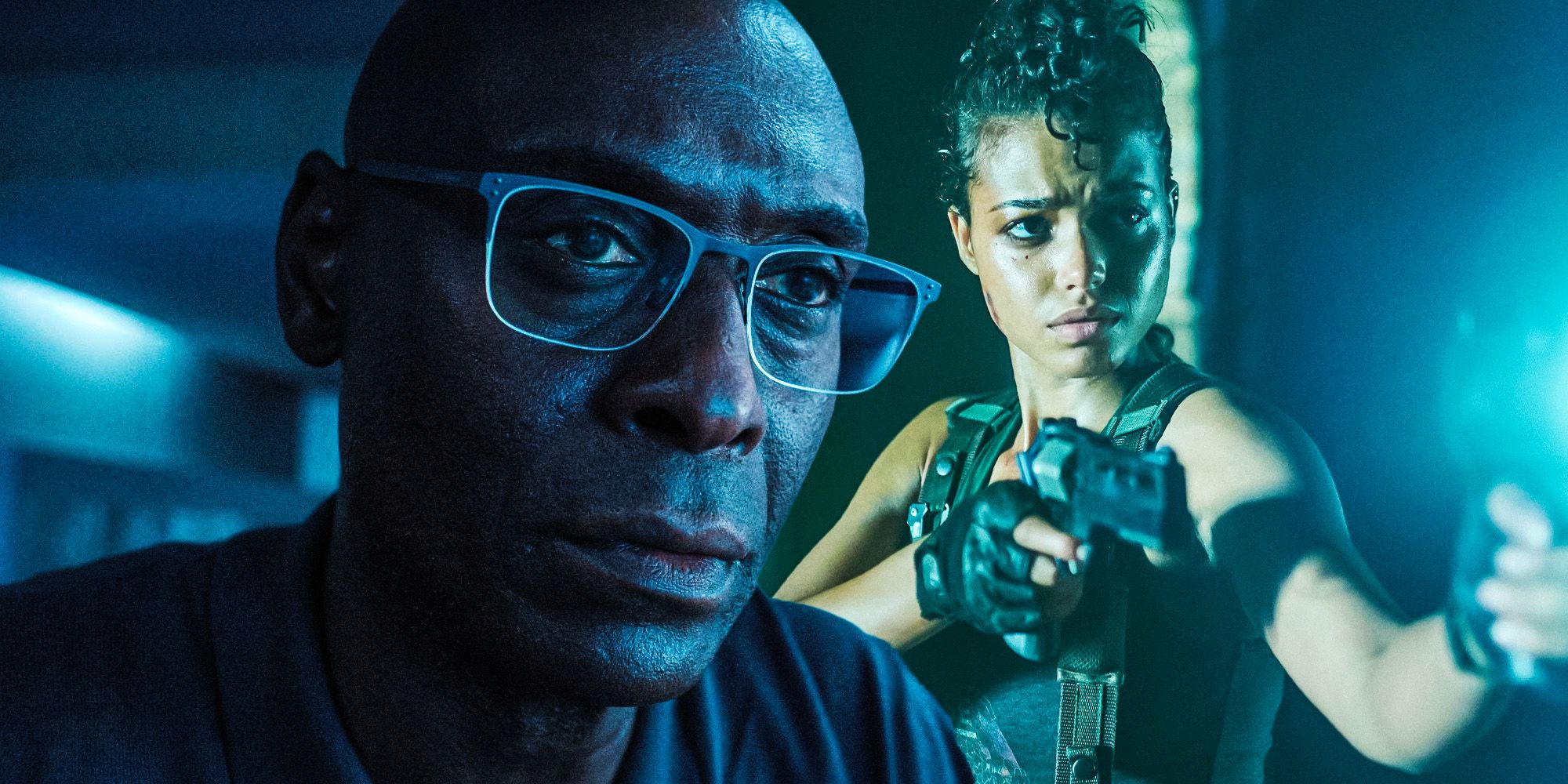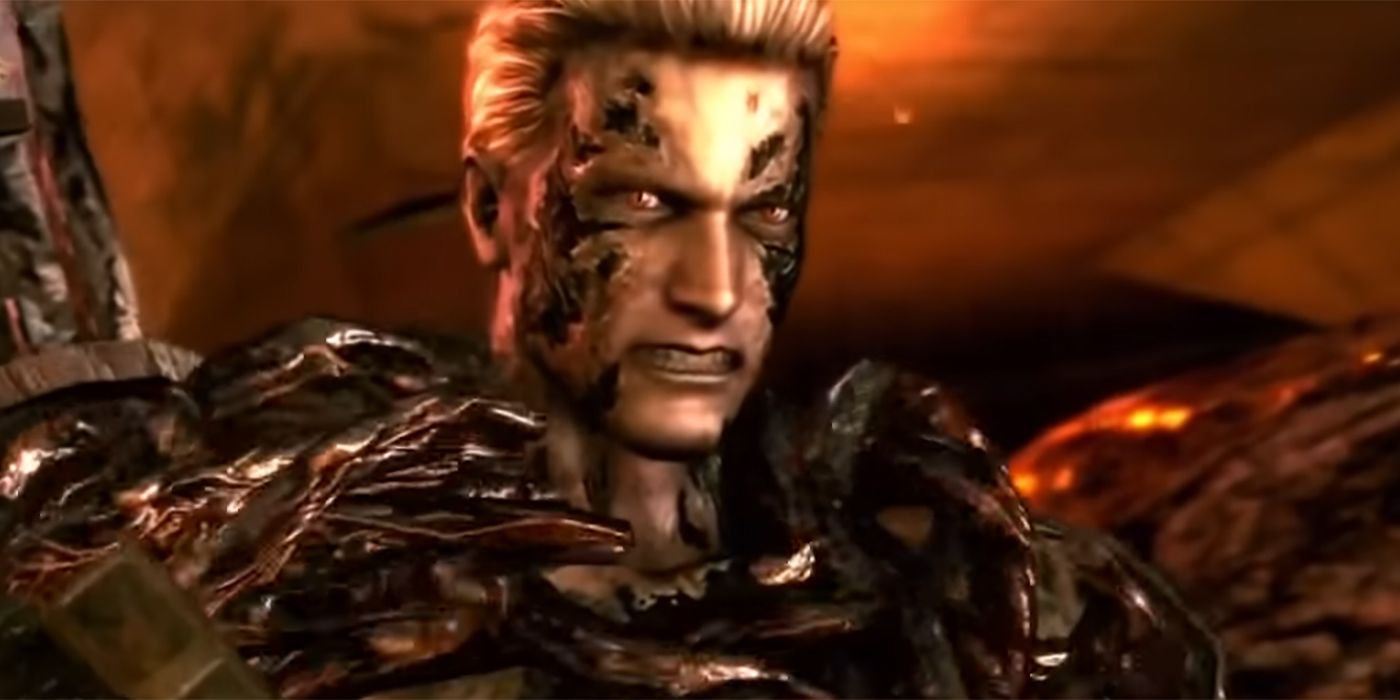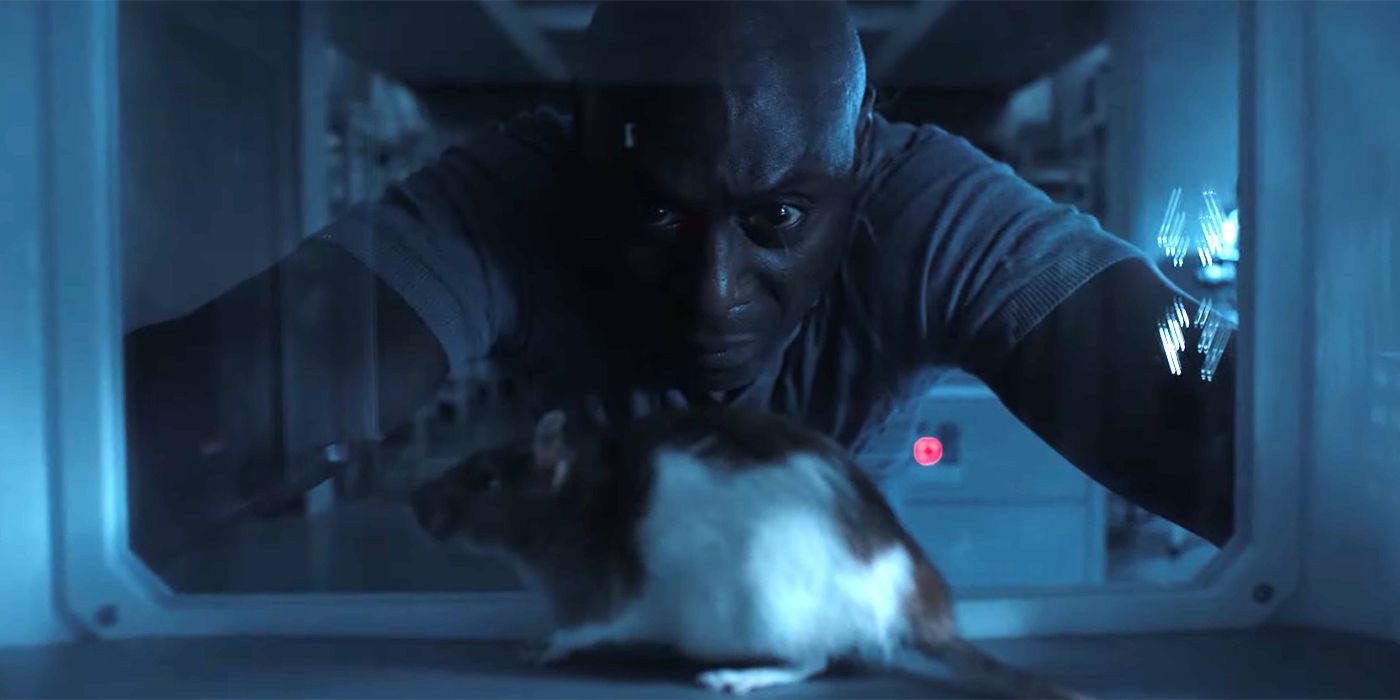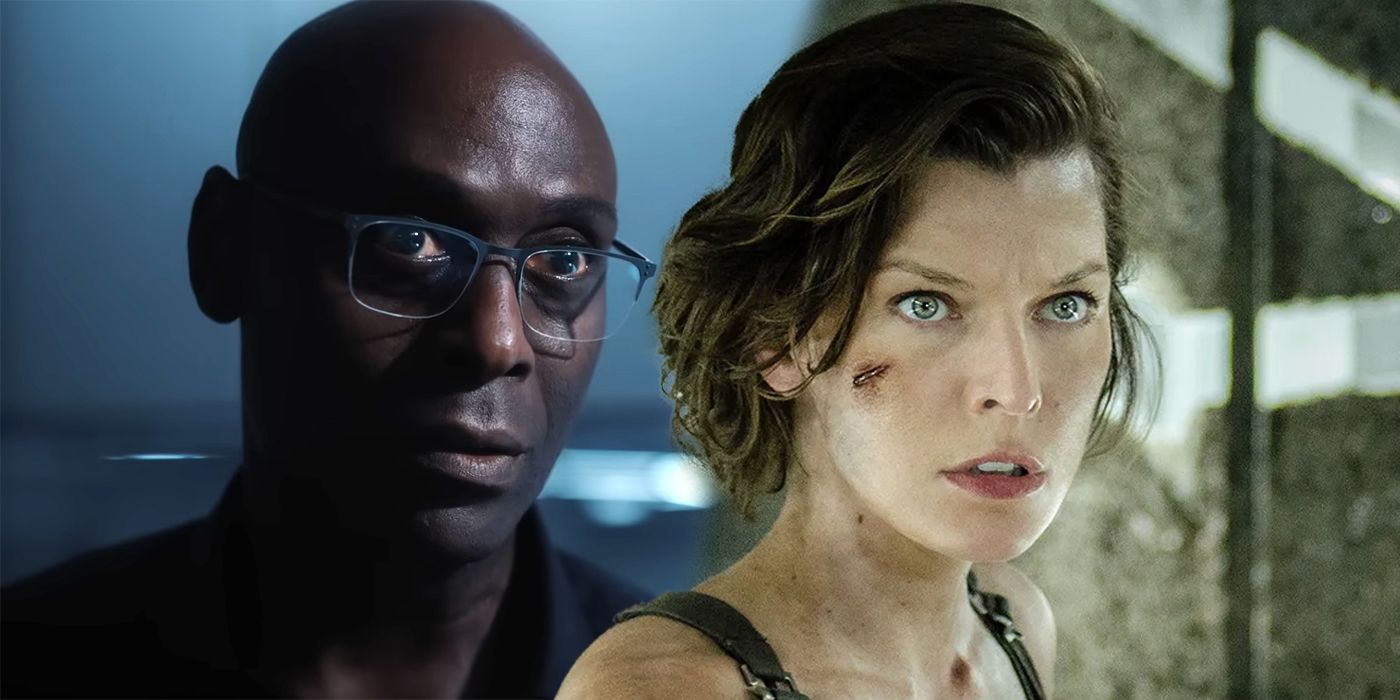Warning: SPOILERS ahead for Netflix's Resident Evil.
Netflix's Resident Evil show is set within the mythology of Capcom's video game franchise and marks the return of iconic antagonist Albert Wesker, albeit with a major origin twist. Albert Wesker was first introduced in the original Resident Evil game as a member of Raccoon City's S.T.A.R.S unit and investigates the Spencer mansion with Jill Valentine and Chris Redfield, though he is later revealed to be working with the Umbrella Corporation. Despite his apparent death, Wesker would return for multiple installments, in which his loyalties, motivations, and hunger for power would be further explored in the Resident Evil universe.
Lance Reddick, known for his work in The Wire and John Wick franchise, is the latest actor to bring Wesker to life. Netflix's new Resident Evil series sees Wesker moving with his half-teenage daughters, Billie and Jade, to New Raccoon City in South Africa - where his secrets and Umbrella's dark past are slowly revealed, eventually leading to the release of the T-virus. The Netflix series also explores Jade's fight to survive in an apocalyptic future caused by Umbrella's actions.
Showrunner Andrew Dabb has stated that the Resident Evil show takes place within the timeline of the original Playstation games, leaving many to wonder exactly how Albert Wesker is alive. Despite his revivals in the games, producer Masachika Kawata has confirmed in the past that the Resident Evil 5 finale permanently killed off Wesker, resulting in theories that the show would be retconning portions of the games. With Resident Evil now streaming, Wesker's origin twist has been revealed, and it borrows a key element from a previous adaptation of the franchise.
What Happened To The Original Albert Wesker
After serving as a secondary antagonist in various entries, Albert Wesker became the main villain for Resident Evil 5, which centered on Chris as he headed to the fictional West African region Kijuju to investigate a terrorist threat with local BSAA agent Sheva Alomar. Chris would relentlessly hunt down Wesker after learning of his involvement in releasing the Uroboros virus and keeping Jill alive with a device controlling her mind and doing his bidding. Wesker was also revealed to be working with the company funding the BSAA for his ongoing experiments - and subsequently betrayed his allies by infecting them with the Uroboros, mutating them into giant monsters for Chris and Sheva to fight.
The final chapters of Resident Evil 5 saw Chris and Sheva finally catch up to Wesker aboard a plane loaded with missiles full of the Uroboros virus, and the pair are able to inject him with the virus before he can escape. As the two fight Wesker, the plane they are on crashes in the middle of a volcano, where Chris and Sheva put up a final fight against him. The two successfully weaken Wesker enough to cause him to fall in the lava before firing a rocket from their helicopter to put the mutated Wesker down for good. Unlike his prior deaths, producers behind the Resident Evil games have frequently confirmed Resident Evil 5 as Wesker's canonical demise.
How Albert Wesker Is Alive In Netflix's Resident Evil
For most of Resident Evil, audiences continue to wonder how Albert Wesker is alive, with various hints presented, including Wesker frequently drawing blood from his daughters for secretive testing. Resident Evil episode 7 finally offers answers with a 2005 flashback showing a laboratory in the Arklay Mountains with three Wesker clones, each with subtle differences. It's further confirmed that they're clones of the original Wesker, with Reddick donning the iconic leather suit from Resident Evil 5 and hairstyle.
The remaining episodes of Resident Evil further explain the nature of the clones, with one nicknamed "Bert" having been kept prisoner at Umbrella since 2005, while the other surviving clone would become the new Albert Wesker and live a mostly free life still working for Umbrella and raising his daughters. Due to the cloning process, however, Albert suffered from degenerative aging issues, which he could counteract by injecting himself with Jade and Billie's blood, with new Umbrella head Evelyn Marcus also noting the original Wesker "burned to a crisp" in a volcano in a clear callback to Resident Evil 5.
How Cloning Connects To Milla Jovovich Resident Evil Movies
With Wesker's revival in the Resident Evil show being attributed to the creation of his own clones, this marks the second major time in the franchise to see a character come back from the dead via cloning. Paul W.S. Anderson's Resident Evil movies, which take significant departures from the games, center on Milla Jovovich's Alice as she fights to survive in the zombie apocalypse and stop Umbrella from further destroying the world. Jovovich's character was first introduced with having amnesia and gradually learned of her history as a skilled operative working for Umbrella with superhuman abilities, seemingly from her exposure to the T-virus.
It would eventually be revealed in Resident Evil: Extinction that Umbrella had produced hundreds of clones of Alice, with The Final Chapter further revealing the original to be Alicia Marcus, daughter of the T-virus' creator and co-owner of Umbrella. Alice's clones factored into the plot of subsequent sequels, with Resident Evil: Afterlife opening with multiple clones attacking Umbrella's Tokyo HQ in the hopes of killing Wesker. Alicia would meet her end with Wesker and other Umbrella higher-ups in Resident Evil: The Final Chapter, while Alice would continue fighting any threats until the airborne anti-virus effectively put the world back on track.
The cloning plot point of Milla Jovovich's Resident Evil movies largely divided fans of the games, with many believing it to be ludicrous and removing any stakes from the franchise. The reveal that Lance Reddick's Wesker is alive in the Resident Evil series is sure to be similarly divisive, as it still retains the games' canon of having killed off Wesker in Resident Evil 5 while also resorting back to the tropes of Jovovich's movies. With showrunner Andrew Dabb teasing plans to explore other games in potential future Resident Evil seasons, it remains to be seen whether Netflix's Resident Evil will be able to resist another clone-centric plot once again.




